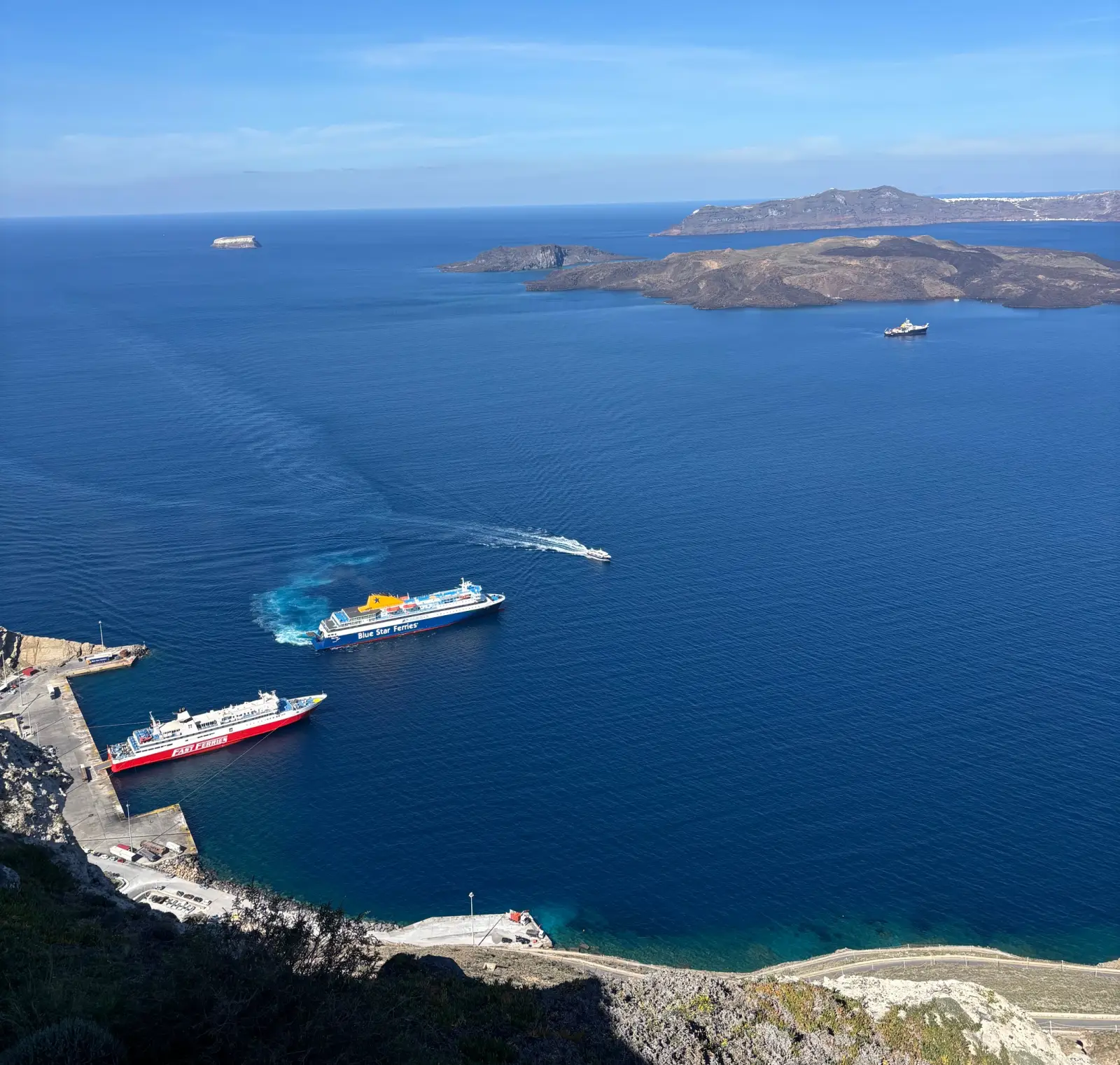The tourist tax in Greece is set to rise, targeting accommodations and cruise passengers to help fund recovery efforts from natural disasters.
The Greek parliament, led by a conservative majority, passed the bill to counteract the financial strain caused by climate change-driven events like floods, droughts, and wildfires.
Starting in 2025, tourists booking short-term rentals between April and October—the peak travel season—will face a daily tax of €8, a notable rise from the current €1.50. During the off-season, from November to March, this fee will increase to €2 from the existing €0.50.
Additionally, the new legislation introduces a tiered tax hike for hotel accommodations. Depending on the hotel’s star rating, the daily tax could climb as high as €15 during the summer months.
Cruise passengers visiting Greece’s iconic islands, including Santorini and Mykonos, will also experience increased costs. A €20 daily tax will apply to these destinations, while a €5 charge will be imposed at other ports across the country.
A senior finance ministry official emphasized the urgent need for these tax hikes, stating, “Our goal is to raise €400 million a year, almost double the amount we raised last year.”
The initiative reflects Greece’s ongoing struggle to mitigate the economic fallout from extreme weather events. Tourism plays a critical role in Greece’s financial recovery, particularly since emerging from a severe debt crisis in 2018. However, the growing impact of natural disasters threatens public finances and vital infrastructure. In 2023, the Greek government allocated €600 million to repair damages caused by Storm Daniel, which severely affected the country’s rail and road networks.
The increased revenue from tourist taxes will directly contribute to future disaster response and resilience measures. This policy signals Greece’s broader strategy to balance the booming tourism sector with the urgent need for climate adaptation and economic stability.
The new taxes could influence budgeting decisions for travelers planning to visit Greece in the coming years, especially for luxury stays and cruise vacations. However, given the continued allure of Greece’s sun-drenched islands and ancient landmarks, tourism is expected to remain robust despite these changes.













